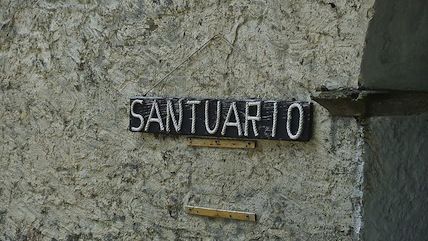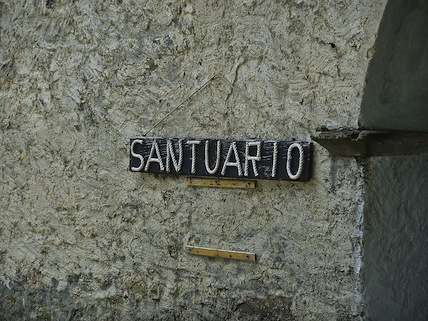The Coming Resistance to Trump's Immigration Crackdown
Watch for federal/local battles over deportations.


Thanks to his predecessors, Donald Trump already has the tools to launch an amped-up immigration crackdown as soon as he takes office. That doesn't mean he won't ask for yet more powers, but a formidable police apparatus is already in place. So when it comes to immigration, the immediate political conflict to watch will the one that pits that apparatus and the president atop it against the people in a position to slow it down.
We got an early glimpse of that last week, when New York Mayor Bill de Blasio suggested that he might destroy a city database that contains information on undocumented New Yorkers (*) rather than allow the feds to get their hands on it. (If you're in New York City illegally you can still apply for a city ID card, making it easier to report crimes, open bank accounts, and otherwise participate more smoothly in social life. Immigrants aren't the only people who use the program, but the info would obviously be useful to the deportation squads.) Several other cities—including Los Angeles, San Francisco, and Washington—issue similar cards, setting up other potential federal/local conflicts.
New York is also a "sanctuary city," which basically means that its local cops do not investigate people's immigration status. More than 200 cities and counties have adopted such policies, in part because of human-rights concerns but mostly for practical reasons: If people are worried about being arrested for immigration violations, they're much less likely to cooperate with police investigating other crimes. Trump has threatened to use the power of the purse to bring the sanctuary cities in line, declaring that he'll cut off all their federal funding if they don't yield. That in turn has inspired some defiant talk from urban officials: Besides de Blasio, the mayors of Chicago, Los Angeles, Minneapolis, Philadelphia, Providence, San Francisco, and Seattle have all said they'll stand by their sanctuary status.
On the state level, New York Gov. Andrew Cuomo struck a similar note over the weekend: "If anyone feels that they are under attack, I want them to know that the state of New York—the state that has the Statue of Liberty in its harbor—is their refuge….We won't allow a federal government that attacks immigrants to do so in our state." It's unclear what that might mean in policy terms, and it could just turn out to be posturing. But if the deportation drive sparks a serious civil disobedience movement—meaning not simply marches and the like, but active refusal to cooperate with the enforcers and organized attempts to shield immigrants from removal—then a sympathetic governor could make a genuine difference. If the movement can hold him to his words.
(* OK: They're otherwise undocumented, as a stickler in the comments points out.)


Show Comments (72)